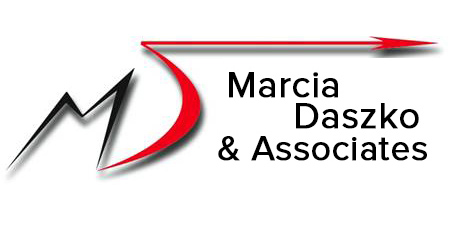Marcia's Leadership Q and As: Quality—The Key Differentiator of Success
/Q. Our senior managers are disconnected from what’s going on in our business. We have many complaints from customers, and nothing improves.
A. Great leaders and their organizations are connected to both their customers and employees and understand their needs. Successful organizations have leaders who create systems and communication channels to hear the voice of the employees and the customers.
Quality is defined by the customers; if product, service, or communication quality is poor and declining, the company is on its way out of business. Leaders need to transform its thinking and turn around. This only happens when leaders pivot and focus on what’s important: quality and service. Where is quality created? It comes from the vision of the Board of Directors and a leadership team working together.
When customers complain or disappear and they choose your competitors, it’s a reflection of poor leadership, strategies, or decisions. Often, it’s easy to see the decline and failure of billion-dollar corporations to small companies. An easy question to ask is: Are the leaders connected to the needs of their customers? Or is there so much complexity in the organization that customers who try to voice their complaints or concerns are not heard? It’s a priority for the management team to understand and address the system of customer feedback. Great leaders often spend more than 50% to 80% in conversation with their constituencies. How much time do you spend?
Q. Where should executives and managers focus the most? On profits?
A. If leaders spend most of their focus on profits, they will lead a rapid journey to their demise. It’s a common belief to focus on making money and the bottom line. Unfortunately, that doesn’t deliver success or satisfaction. I often ask executives, “Is your company in business to make money? Is that your purpose?” A purpose for being in business is energizing, and it drives a team to deliver and serve customers. If leaders develop deep and meaningful relationships, loyal customers who can depend on an organization will repeatedly return. Think about your favorite vendors.
Send your leadership questions to Marcia Daszko at md@mdaszko.com. She works with Boards, C-suite leaders and teams to pivot, innovate, accelerate and achieve bold results never before imagined. A provocative keynote & virtual speaker, strategic Deming advisor/consultant for 25+ years, and executive retreat facilitator, she is the bestselling author of the book “Pivot Disrupt Transform.” www.mdaszko.com Call for her help today!











